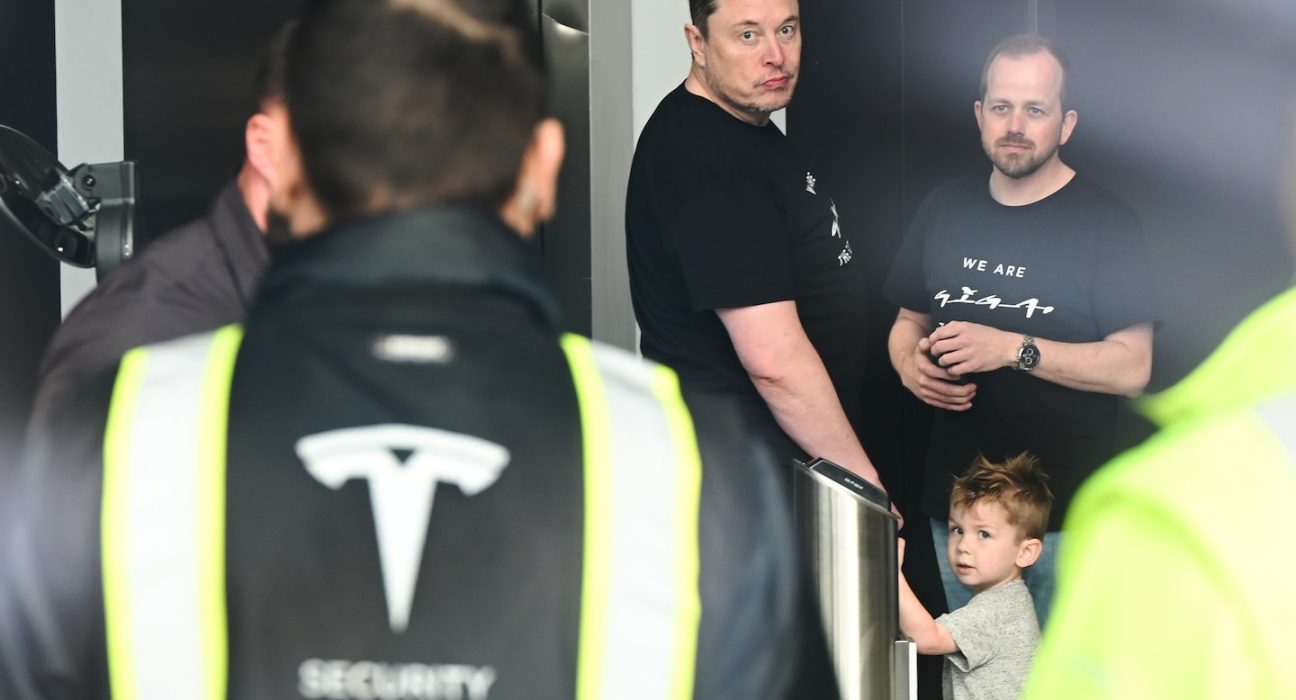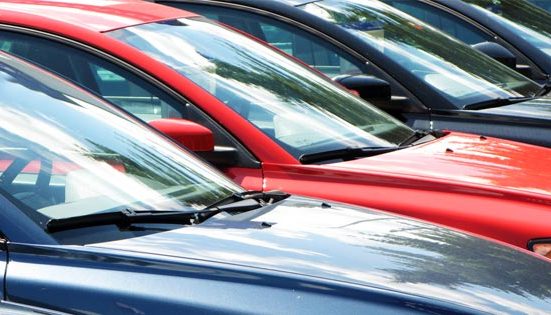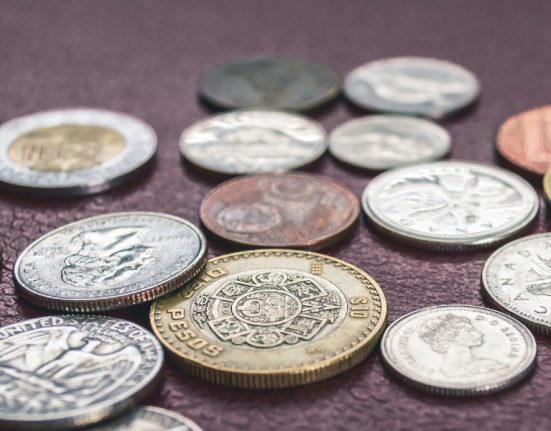But with the vote set to conclude Thursday at the company’s annual shareholder meeting in Austin, the outcome seemed far from certain. Major shareholders are divided on whether Musk, one of the world’s richest men who has been at times a distracted leader, deserves such a reward. That means the outcome could rest on the votes of individual investors, many of whom bought the stock because of Musk’s public image as a generational genius.
The outcome will have significant implications not just for Musk’s fortunes but for the future of Tesla, which has been reeling from weak sales, global competition and mass layoffs. If shareholders deny him the compensation package, Musk has threatened to leave the company and build futuristic technology, including robotics and artificial intelligence, elsewhere. If shareholders approve the package, Musk would gain more control over Tesla’s board through stock options.
In a letter to investors earlier this month, Tesla chairperson Robyn Denholm urged investors to support Musk because he is “not a typical executive” and motivating him “requires something different.”
“Elon’s unique contributions have built Tesla from a company that was, in 2018, a loss-making, ambitious company with significant hurdles and challenges to overcome into what it is today — a company that is literally changing the world,” she wrote. “These contributions should be respected.”
But Brad Lander, the New York City Comptroller whose office owns about 3.4 million shares of Tesla and invests on behalf of public employees, said the package is unreasonable given Tesla’s struggles and Musk’s insistence on dividing his attention among an array of companies, including a new artificial intelligence endeavor called xAI.
GET CAUGHT UP
Stories to keep you informed
“We need a full-time CEO who is focused on growing the company and producing great shareholder returns, not allowing for a distraction or chasing shiny new objects,” Lander said.
When a majority of Tesla shareholders approved Musk’s compensation in 2018 — a package of stock options in lieu of salary then worth $56 billion — it propelled Musk from eccentric CEO to world’s richest person, fueling his bets to explore the cosmos, digitize the human brain and acquire Twitter’s “de facto town square.” But some shareholders sued, claiming the process was improper.
Earlier this year, a Delaware judge agreed. She tossed out the pay package, calling it “an unfathomable sum” — “over 33 times larger than the plan’s closest comparison, which was Musk’s prior compensation plan” — and noted that it had been approved by a board stocked with Musk’s longtime friends and former divorce lawyer. A lawsuit filed by the Employees’ Retirement System of Rhode Island Monday alleges that Musk made billions of dollars selling Tesla shares using insider information.
Musk and Tesla did not respond to a request for comment on the lawsuit.
The board is now asking shareholders to restore the pay package, which would increase Musk’s voting power to close to 25 percent, and authorize the company to move its corporate home from Delaware to Texas.
It’s unclear which way the vote will swing: While some key investors have vowed to oppose the package, others have been silent. Vanguard Group, BlackRock and State Street Corp., which collectively own about 17 percent of Tesla stock, have not publicly stated their positions. None responded to requests for comment.
Meanwhile, about 40 percent of Tesla is held by non-institutional investors, including individual retail investors. Many are Musk fans, like billionaire Ron Baron, who called Musk indispensable to Tesla and said his compensation must recognize that fact.
“Our answer is clear, loud and unequivocal: Tesla is better with Elon. Tesla is Elon,” Baron said.
But others have grown increasingly disillusioned with Musk as the company’s performance has faltered. “Enough is enough,” said Leo Koguan, one of Tesla’s largest individual shareholders, who added that he would vote against the proposal.
In recent weeks, a coalition of seven large institutional investors including the NYC Comptroller and Amalgamated Bank have urged shareholders to vote against the package, citing a “material governance failure.” Proxy advisory firm ISS called the package excessive despite Tesla’s success, noting that it’s unclear it will “increase Musk’s focus on Tesla.”
Marcie Frost, CEO of the California Public Employees’ Retirement System, which represents 2.2 million public workers in the state and is among Tesla’s largest shareholders, said it, too, will vote against the package, as it did in 2018. Frost said the vote against Musk was not “personal,” arguing that his “outsize” compensation could instead be going to shareholders.
“It’s really important that as a shareholder that we get the return on the capital that we’re allocating to these public companies,” Frost said.
James Park, a professor at the UCLA School of Law who studies securities regulation and corporate law, said a vote in favor of the proposal would be a “powerful statement” that shareholders want Musk to be integrally involved in the company and they “can’t imagine Tesla without him.” A no vote, however, would reflect dissatisfaction with Musk’s leadership and the current state of the company.
In Denholm’s letter to investors this month, she noted that Musk has driven growth in the company’s size and profitability over the past six years, and said ratifying the pay package is “more important than ever.”
“If Tesla is to retain Elon’s attention and motivate him to continue to devote his time, energy, ambition and vision to deliver comparable results in the future, we must stand by our deal,” she wrote.
In a January tweet, Musk doubled down on his desire for more control over the company.
“I am uncomfortable growing Tesla to be a leader in AI & robotics without having ~25% voting control,” he wrote. “Enough to be influential, but not so much that I can’t be overturned.”
Musk and Tesla did not respond to requests for comment.
A no-vote could slow down AI efforts
The high-profile vote comes at a touchy time for Tesla, which has lost more than 30 percent of its stock value since the beginning of the year. In April, the company reported a steeper-than-expected 55 percent plunge in first-quarter profit due to slowing sales. To allay investors’ concerns, Musk has made lofty promises about launching a fully autonomous “robotaxi” in August, an ambitious timeline that had many observers skeptical of how he would actually pull it off.
Park, the UCLA professor, said the current economic backdrop will play heavily into voters’ choices.
“There may be a set of retail investors who are very dedicated to Musk who are willing to overlook some of these events and may not know about them and they may just vote in favor of the package,” Park said. “And there may be others who are disappointed and may be disillusioned about Musk.”
If Musk doesn’t get his way, Tesla shareholders should be prepared for a significant slowdown in its AI efforts, said Adam Jonas, a Morgan Stanley analyst.
Some seem willing to take that risk. Nell Minow, vice chair of ValueEdge Advisors, said she donated the majority of her Tesla stock to charity after voting “no” on the pay package. As an individual investor, she said she has soured on Musk, calling corporate governance at the company “catastrophically bad.”
“There’s no way you can consider this board independent,” Minow said. “If he doesn’t have enough of an incentive from his current holdings then I don’t know if this gigantic amount of money would make a difference.”
Kevin Smith, a software engineer who said he owns just a handful of Tesla shares, added he has been turned off by the excessive campaigning by both Musk and Tesla, who seem to see the vote as a chance to make a statement about the court ruling instead of focusing simply on how much money Musk should be paid.
“It seems to be a symbolic gesture against the court,” Smith said. “So my symbolic vote is no.”
Julian Mark and Aaron Schaffer contributed to this report.







